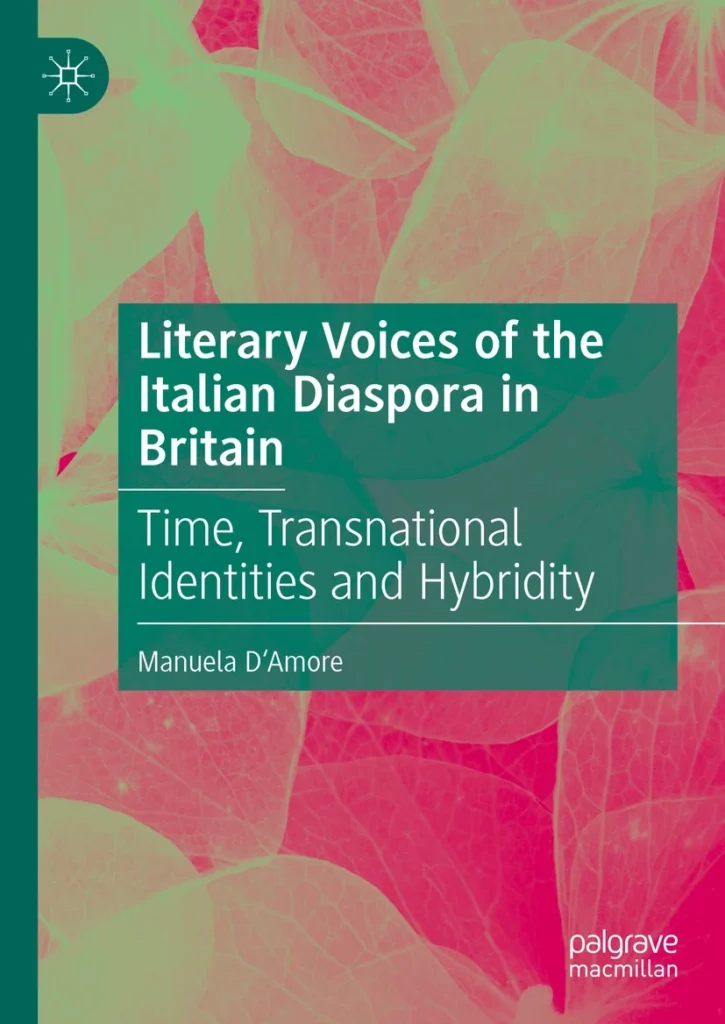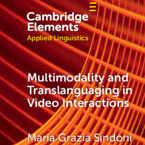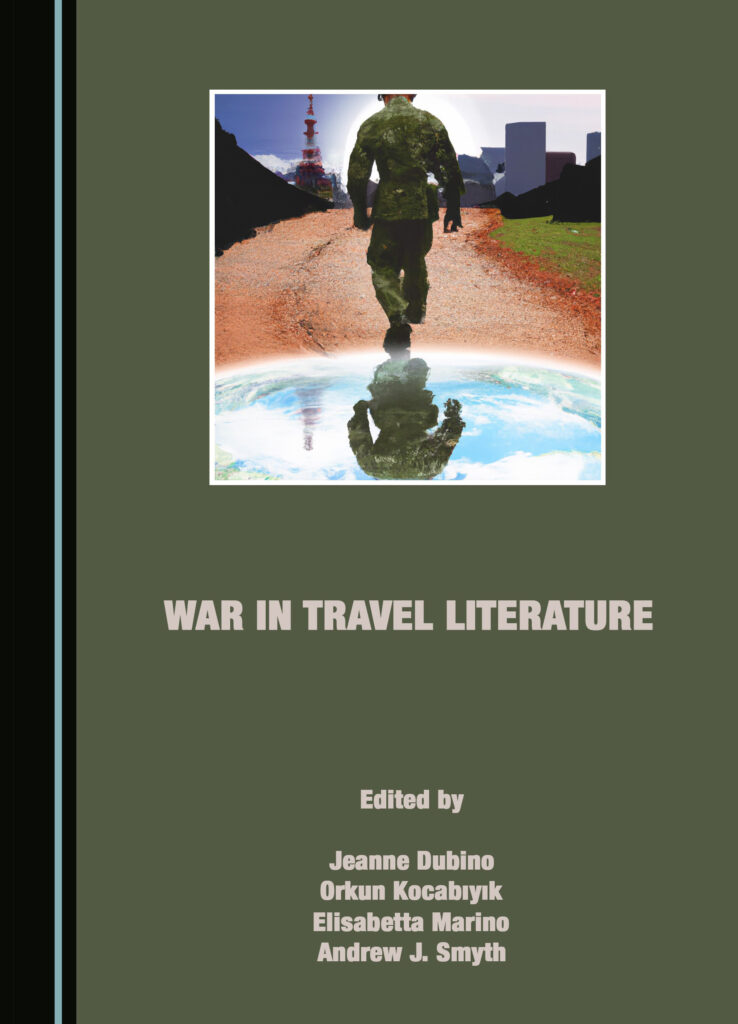“TransCreAzioni – L’atto creativo nei processi traduttivi” – University of Bergamo
“TransCreAzioni – L’atto creativo nei processi traduttivi” Dates: 18-19 January 2024 Place: University of Bergamo Organisers: Raul Calzoni, Giancarlo Covella, Helena Como, Maria Maffei For further information: https://bitly.ws/334Jw The upcoming event, organised by the University of Bergamo, will provide an opportunity to explore challenges and prospects within the field of translation studies. The two-day conference will facilitate collective exchanges among participants from Italian universities throughout four working sessions, which will include general talks on creativity in the translation of both literary works and audiovisual products, a seminar on the didactics of translation, and a round table on the interconnection between translation and publishing. The event will feature guest speakers Nicoletta Vallorani (University of Milan), Simone Giusti (University of Siena), Massimiliano Morini (University of Urbino “Carlo Bo”), Irene Ranzato (Sapienza University of Rome).
“TransCreAzioni – L’atto creativo nei processi traduttivi” – University of Bergamo Read More »
WINTER SCHOOL in Translation Studies: “Translation Today: Technology, Trust and the Role of the Translator”
WINTER SCHOOL in Translation Studies: “Translation Today: Technology, Trust and the Role of the Translator” Dates: 11th-15th December 2023 Place: Ca’ Foscari University, Venice Please check: https://www.unive.it/pag/44649/ for further information Translators need to adapt to new technology in the translation market, like computer-aided tools, machine translation and AI. But how much should we rely on technology versus human skills? The Winter School aims to answer questions relating to technological advancements, creativity and ethical issues in translation by offering practical activities and lectures in 30 academic hours. The event, organised by Ca’ Foscari University, will feature guest speakers Giuliana Garzone (IULM University), Anthony Pym (University of Melbourne and Rovira I Virgili University) Silvia Bernardini and Adriano Ferraresi (University of Bologna, Forlì), David Katan (University of Salento), Giulia Togato and Adrià Martin-Mor (State University of California Long Beach). Further information: https://www.unive.it/pag/44649/
PHD STUDENTS: AIA EVENTS
The next Board meetings with PhD candidates will take place in Turin (December 2023), Naples (January 2024), Milan (February 2024), Rome (March 2024). In this first operational phase since its inauguration, the Board has consulted repeatedly to define the strategic lines to be prioritised. Among all the issues that have emerged, one seemed to us to be of fundamental importance: to focus on early-career researchers, supporting them in their academic progression and involving them in the projects and activities of our Association thereby encouraging them to increasingly play a role in it. Among the initiatives we intend to promote is the establishment of routine meetings where doctoral students can discuss their projects with their peers and with senior scholars – first and foremost the members of the Executive Board, but in fact, ideally, any AIA member willing to participate. Our idea is to propose a series of meetings in which PhD students and their mentors can meet to share and discuss research topics primarily, but also broader disciplinary issues and career prospects. We propose to organise meetings at a local level (in a broad sense: we envisage a North, Centre and South subdivision) to encourage participation and at the same time reduce the economic burden. As regards the topics to be addressed and the ways in which the initiative should be articulated, we would first of all like to hear the opinions of members, and in particular of PhD students and tutors. To this end, we ask you to fill in this questionnaire https://docs.google.com/forms/d/e/1FAIpQLScXN9Tfy2J0NpUbc1kLjC60FG_Fz2QMGkVpydBE0l8aQox6kg/viewform The questionnaire is addressed to all AIA members, with the request that it also be circulated to fellow Anglicists who, although not yet members, have an interest in the topic.
PHD STUDENTS: AIA EVENTS Read More »
Literary Voices of the Italian Diaspora in Britain: Time, Transnational Identity and Hybridity – Manuela D’Amore
Manuela D’Amore Literary Voices of the Italian Diaspora in Britain: Time, Transnational Identity and Hybridity Palgrave Macmillan, 2023, pp. 314. ISBN: 978-3-031-35437-3 This volume studies the literary voices of the Italian diaspora in Britain. They are mostly unknown to specialist and non-specialist readers, but deserve full recognition: they have recounted the history of the migrant community in the period 1880-1980, while creatively experimenting with hybrid forms of expression and blending words with visuals. Their focus on the horrors of the Second World War – especially on the tragedy of the Arandora Star (2nd July 1940) – offers clear evidence of their civil commitment. Made up by 21 authors and 34 pieces of prose, verse and drama, Literary Voices of the Italian Diaspora in Britain will appeal to specialists in different areas of study. It discusses topical issues like migration and social integration, cultures and foods in transition, as well as plurilingualism. More importantly, it begins to fill the void left by a critical tradition which has only appreciated the northern American and Australian branches of Italian writing. https://link.springer.com/book/10.1007/978-3-031-35438-0
Multimodality and Translanguaging in Video Interactions – Maria Grazia Sindoni
Maria Grazia Sindoni Multimodality and Translanguaging in Video Interactions Cambridge University Press, Elements in Applied Linguistics, 2023, pp. 75. ISBN: 9781009286947 This Element presents and critically discusses video-mediated communication by combining theories and empirical methods of multimodal studies and translanguaging. Since Covid-19 gained momentum, video-based interactions have become more and more ingrained in private and public lives and to the point of being fully incorporated in a wide range of community practices in personal, work and educational environments. The meaning making of video communication results from the complex, situationally based and culturally influenced and interlaced components of different semiotic resources and practices. These include the use of speech, writing, translingual practices, gaze behaviour, proxemics and kinesics patterns, as well as forms of embodied interaction. The Element aims at unpacking these resources and at interpreting how they make meanings to improve and encourage active and responsible participation in the current digital scenarios. https://www.cambridge.org/core/elements/abs/multimodality-and-translanguaging-in-video-interactions/7BA4AC0FD92A20DE089053E7B513392C
Multimodality and Translanguaging in Video Interactions – Maria Grazia Sindoni Read More »
War in Travel Literature – Jeanne Dubino, Orkun Kocabıyık, Elisabetta Marino, Andrew Smyth (eds.)
Jeanne Dubino, Orkun Kocabıyık, Elisabetta Marino, Andrew Smyth (eds.) War in Travel Literature Cambridge Scholars, 2023, pp. 313. ISBN: 1-5275-0482-4 These twelve chapters show how war functions as a subject, theme, impetus—willing and not—and backdrop in travel writing. Literature about travel and war in tandem enables readers to rethink both categories. The forms of travel writing about war addressed in this collection, including cookbooks and military magazines along with nonfiction narrative and memoir, reveal how heterogenous travel writing can be. To study travel in connection with war expands readers’ understanding of the multiple motivations instigating travellers’ journeys. War is about more than fighting on a battlefield; its reach is extensive, encompassing the spheres surrounding its battlefields and fronts. The many actors involved in any conflict attests to the ways war is absorbed into their worlds, permeates their thoughts and spurs their actions. Readers interested in travel literature from the beginning of the nineteenth century through the present day will find this volume to be of especial interest. https://www.cambridgescholars.com/product/978-1-5275-0482-0



